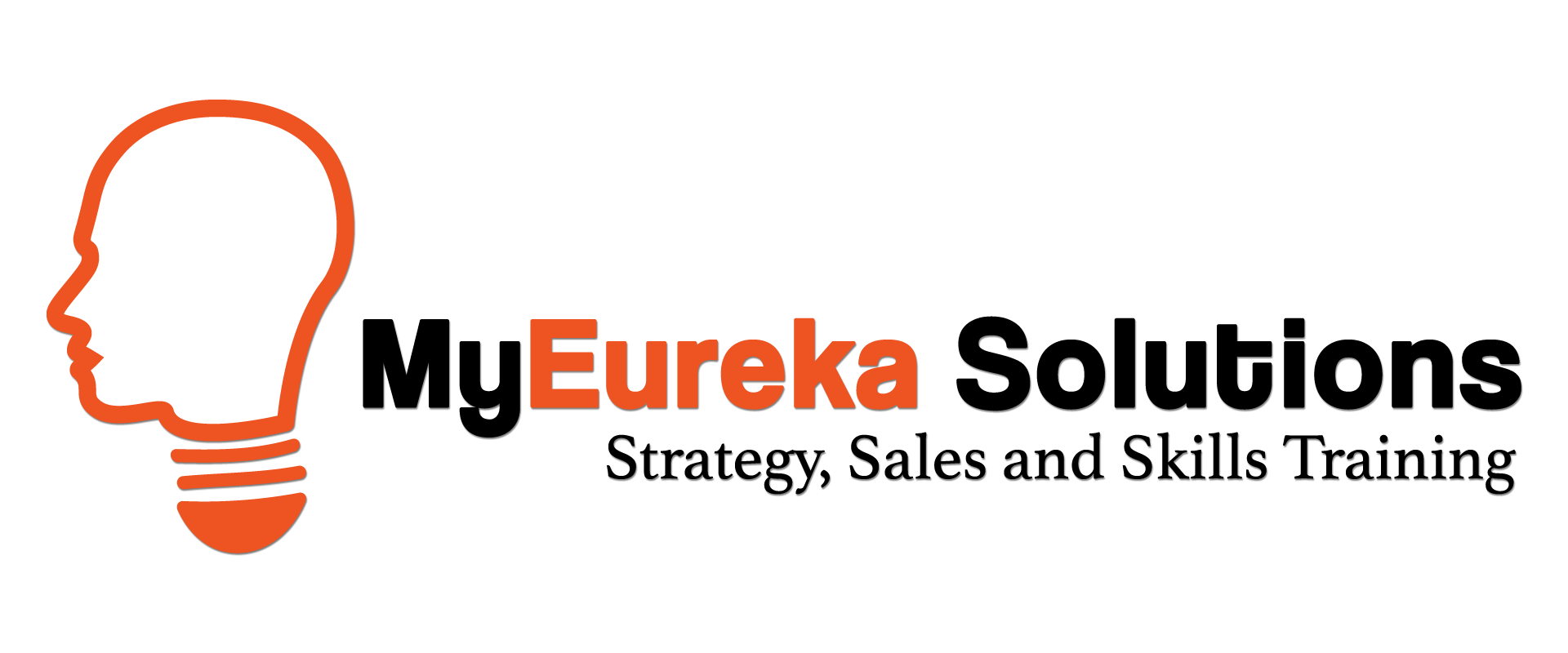The Best Advice on Advice…


Moses may have been solo when he went up that mountain but those of faith will tell you he wasn’t alone. Unless you personally have a direct line to divine wisdom on demand then chances are you are much better off if you have someone besides yourself to help you work through your biggest decisions. All of us toil in our own heads when evolving our major verdicts, plans or directions on the key punditry of our leadership. Some will suggest their faith informs them, others are convinced that it is their toil to take responsibility for their decisions unaccompanied by advice. Others have learned a valuable education on advice and employ a process for getting advice preceding their decisions.
As a middle manager in a giant media company way back when, I was repeatedly asked to work with big consulting companies to assist their high priced task of whatever improvement of the day was hoped for. It became my view that all these high-priced consultants did was listen to the staff and stakeholders (in a way top management refused to), take their advice, repackage it with binders full of documentation and statistics and a projection or two with well-worded bullet points and top management felt that their Moses had surely materialized their tablets.
As the head of a consulting company myself for the last ten years, as one of the three stooges first said, “I resemble that remark!” Those who dabble professionally in advice have evolved a process for giving it. There are three basic profiles of the executive decision maker and each method has it’s pros and cons and appropriate fit for different individuals and for different kinds of decisions.
THE THINKER
This leader is convinced he or she must mull the facts in solitude, investigate to satisfaction and then trust his or her judgment that they will pick the better direction to lead the troops to success. THE GOOD: Thoughtful, accountable, decisive. THE BAD: Are you really better alone in your own mind or is that a dangerous place to loiter?
THE COLLABORATOR
This leader is a gatherer of opinions. They seek out opinions and weigh all that they hear to adjudicate decisions like a judge in a courtroom. THE GOOD: Diversity of positions, demonstrates listening, gets ground level experiences, those asked feel valued. THE BAD: Can be subject to bias by opinion givers, can worry others with what will be ultimately decided, can anger those whose advice was not followed and may be delegating authority and setting up a lack of accountability as, “This was your idea not mine.”
THE TRUSTED ADVISOR DELIBERATION
It may be a key subordinate, perhaps a peer, a long time vendor or a paid or non-paid trusted advisor. Having a sounding board this leader hears the ideas he speaks is open to devil’s advocacy and is not beholden to the advisor on the final decision. THE GOOD: Objective opinion, trust, thoughtful, lack of ego in the decision. THE BAD: possible hidden agenda by advisor, potential for “yes” men.
THE BEST ADVICE ADVICE
Sitting recently with a client who is also a friend I was asked to help him get past a sticking point developing his company’s five year plan. Regularly consulting on business plans this isn’t unusual but what was unusual was that it quickly became clear to me this CEO knew the ins and outs of the options far better than I could hope to so what I did was mostly ask why and why not to each of the options and tried to draw out any emotions behind the rational. “Why wouldn’t you do that?” brings out the counterpoint and forces the decision maker to consider all the conditions and, more important, the emotions around the decision.
I didn’t end up suggesting what I thought best, what I would do, or what I thought he should do in any specific. Rather, I listened and let him work through out loud what was in his head in the quiet. My questions let him hear and consider how the decision would likely play out. Those big consulting companies in my past taught me that people facing major decisions usually get all the information and opinions they need and develop a gut feel for what to do, what they need is a process to bring the options to light, consider objective reflections and reactions and take the time to defend or promote where they really want to go.
The CEO thanked me after our meeting suggesting there weren’t a lot of people he trusted to talk so openly to. It wasn’t really my advice on what to do he wanted, I let him get more comfortable with his own decision process and options and lessen the perceived burden of deciding. The best kind of decision process usually involves employing all three decision-maker types. Get information from stakeholders or people on the ground closest to it, have a trusted advisor you can bounce your decision alternatives off without fear of consequence and then when you spend time in your own head, as you ultimately need to, it is an informed and well-thought decision.
So the best advice on advice is to have a process you can trust to get decision advice. Don’t go up that mountain top alone and you won’t need to look around for a bush that’s on fire!
©2019 MyEureka Solutions LLC. For more BUSINESS THERAPY insights follow Tom @TomFoxTrainer, at www.myeurekasolutions.com/thoughts or on LinkedIn. His recent book: Business Therapy: Ideas and Inspirations To Help Build Sales, Leadership, Management, and Personal Performance is available on Amazon.
